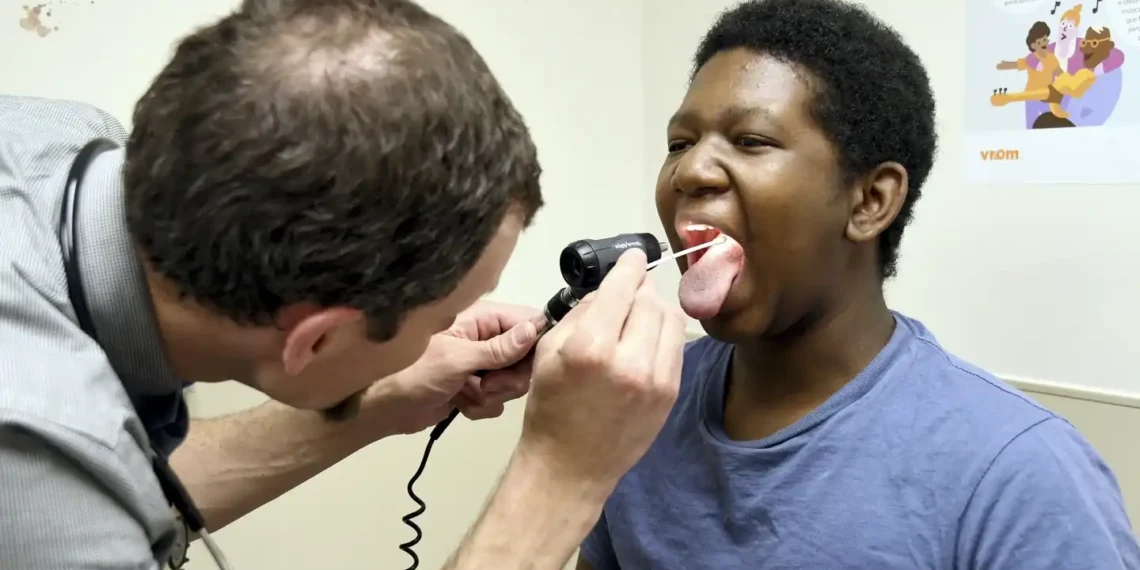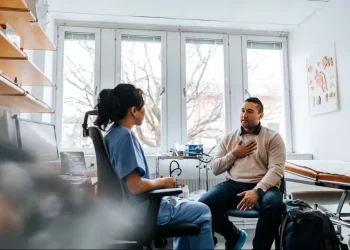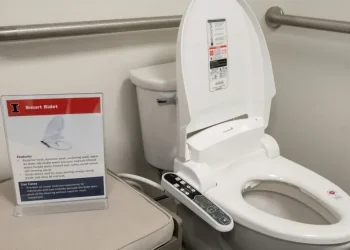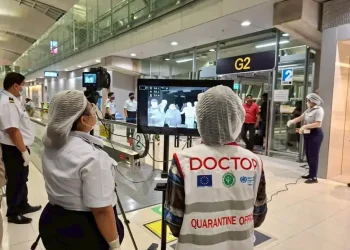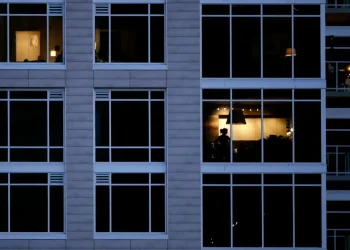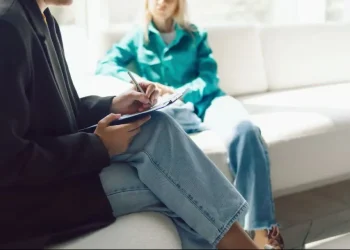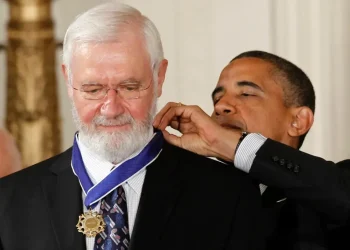Community-Backed Flu Shot Study Halted by Government, Leaving Voices Unheard
DENVER, CO — In a powerful effort to build trust around vaccines in a historically Black community, local parents and healthcare advocates in Denver came together to share their personal stories about flu shots. But after years of work, their voices were silenced before their impact could even be measured.
The federally funded project, backed by the National Institutes of Health (NIH), was abruptly shut down by the Trump administration — cutting off a study that many hoped could be a model for tackling vaccine hesitancy.
A Grassroots Effort to Build Trust
The initiative was led by pediatrician Dr. Joshua Williams at Denver Health, who teamed up with the nonprofit Center for African American Health. Their goal was simple but powerful: use storytelling to encourage flu vaccinations by sharing real-life experiences from within the community.
Over two years, volunteers attended workshops, shared personal journeys, and worked with professionals to turn their stories into short, heartfelt videos. These stories were then sent as text messages to 200 families served by two local clinics.
In one video, a mother shared how getting her first flu shot with her daughter marked a step in reclaiming her independence. In another, a grandmother reflected on missing a vaccine appointment — a mistake that led to her grandson being hospitalized on his fourth birthday.
Chantyl Busby, a local mom and community adviser to the project, said the initiative made her feel seen. “For someone like me, from the Black community who income-wise is on the lower end, we don’t often have a voice,” she said. “Having this funding taken away sends a horrible, horrible message.”
Canceled Before Results Could Be Measured
The study’s cancellation means no one will ever know if the videos influenced vaccine decisions. Years of community engagement and NIH funding went down the drain — and the researchers’ careers may be impacted, too.
Dr. Williams, who regularly talks to hesitant parents, had hoped the project would offer a scalable solution for addressing vaccine doubts — especially as the U.S. faces its worst pediatric flu season in 15 years, with at least 216 children dead.
“We need to understand what is creating this challenge to vaccines and why,” said infectious disease expert Michael Osterholm. “We are entering a scientific dark age.”
More Urgency, Less Support
The need for vaccine trust-building has never been greater. Measles and whooping cough cases are on the rise, largely driven by unvaccinated children. Yet federal support for public health education is shrinking, and vaccine hesitancy research is being deprioritized.
Health Secretary Robert F. Kennedy Jr. has publicly cast doubt on vaccines despite overwhelming scientific evidence supporting their safety. On top of that, Trump administration policies have created uncertainty around COVID-19 vaccine availability this fall.
A Doctor’s Mission Continues
Despite the setback, Dr. Williams isn’t giving up. He’s asked for permission to use some of the community-made videos in his clinic — even if he can’t measure their broader impact.
He often tells parents that his own kids are vaccinated. He also shares stories from his 95-year-old grandmother, who still remembers the fear of polio before the vaccine era.
“We’ve lost the collective memory of what it’s like to live with these diseases,” Williams said. “It’s going to take a community-wide voice to remind those in power why infection prevention and vaccine education matter.”
This article was rewritten by JournosNews.com based on verified reporting from trusted sources. The content has been independently reviewed, fact-checked, and edited for accuracy, neutrality, tone, and global readability in accordance with Google News and AdSense standards.
All opinions, quotes, or statements from contributors, experts, or sourced organizations do not necessarily reflect the views of JournosNews.com. JournosNews.com maintains full editorial independence from any external funders, sponsors, or organizations.
Stay informed with JournosNews.com — your trusted source for verified global reporting and in-depth analysis. Follow us on Google News, BlueSky, and X for real-time updates.
